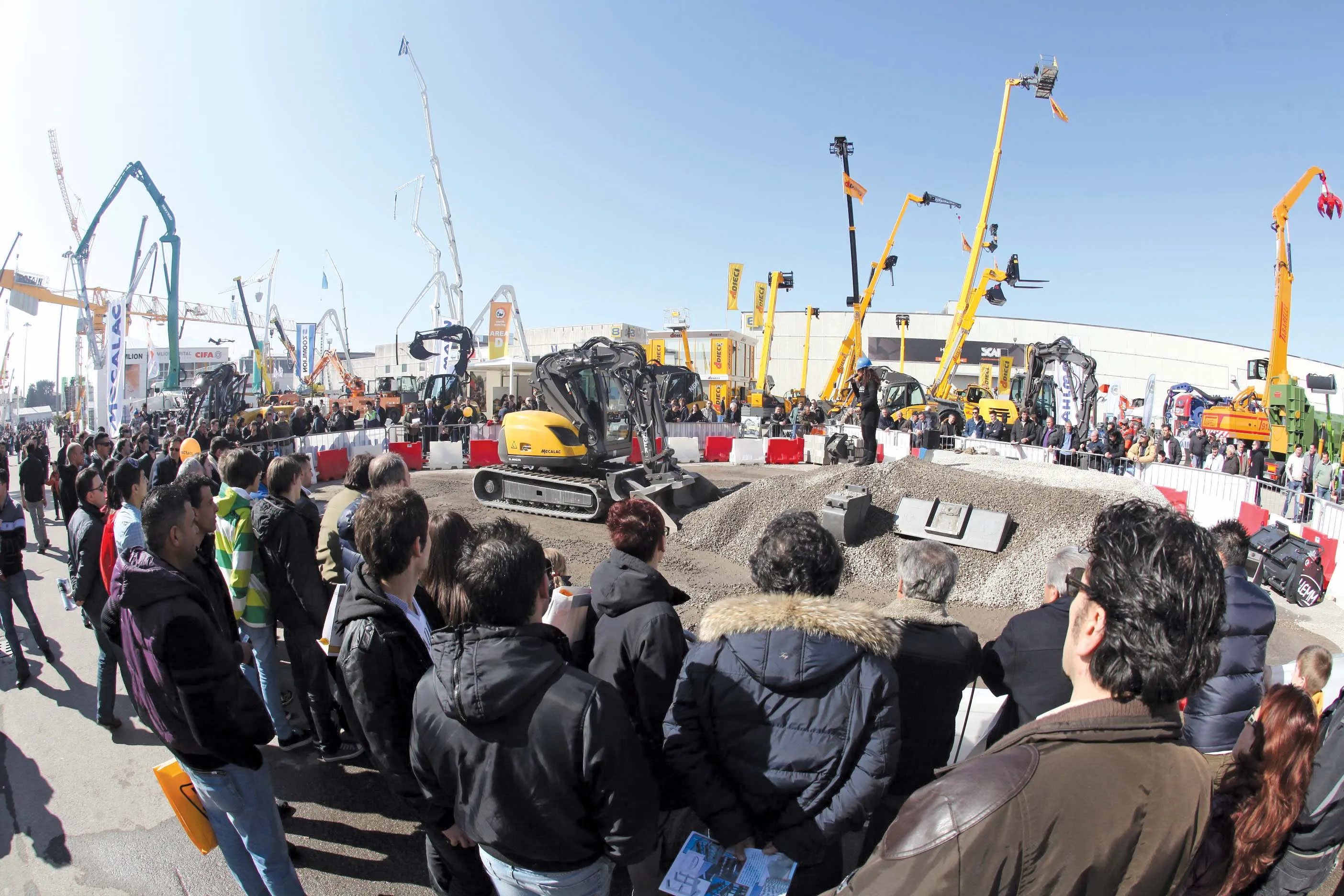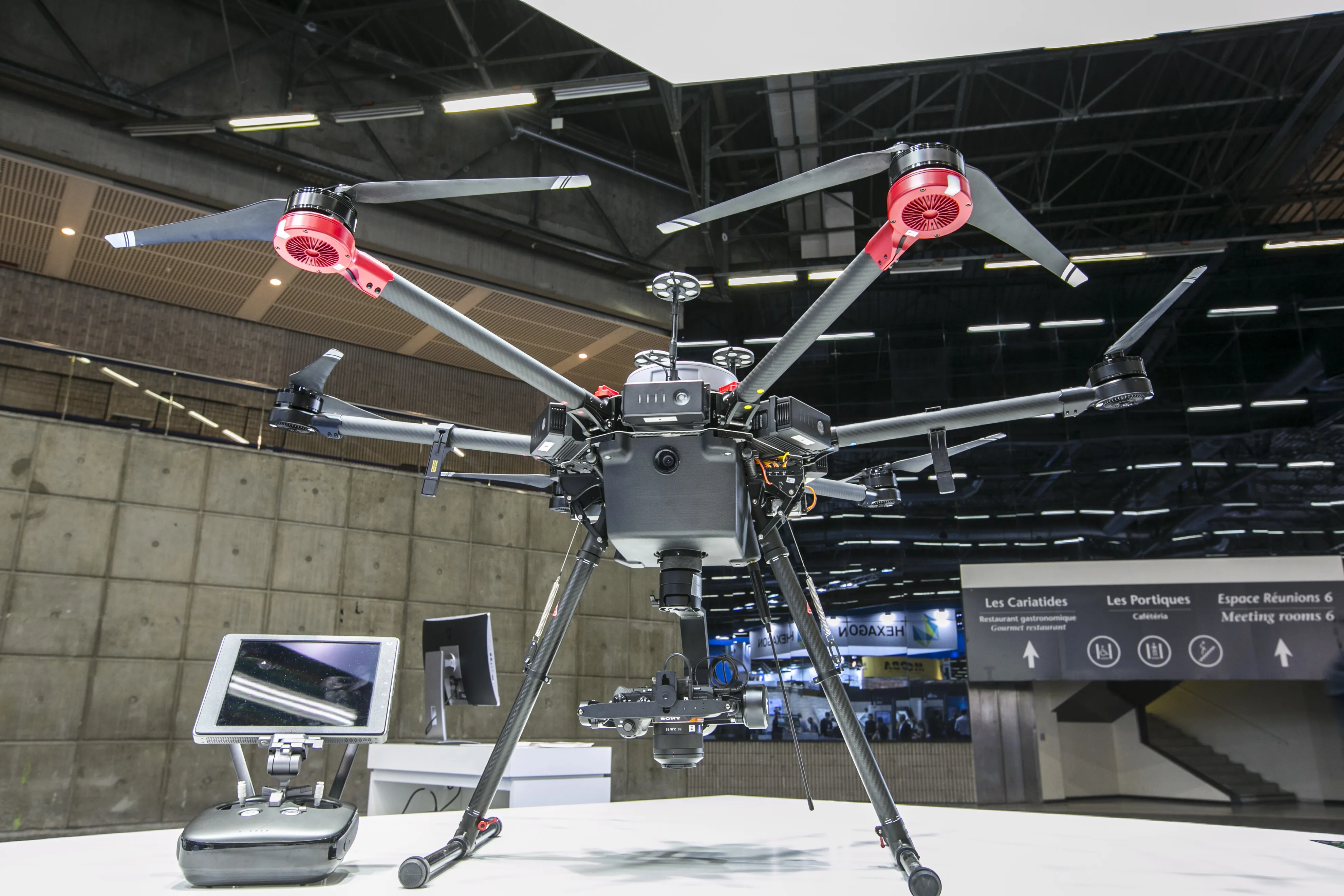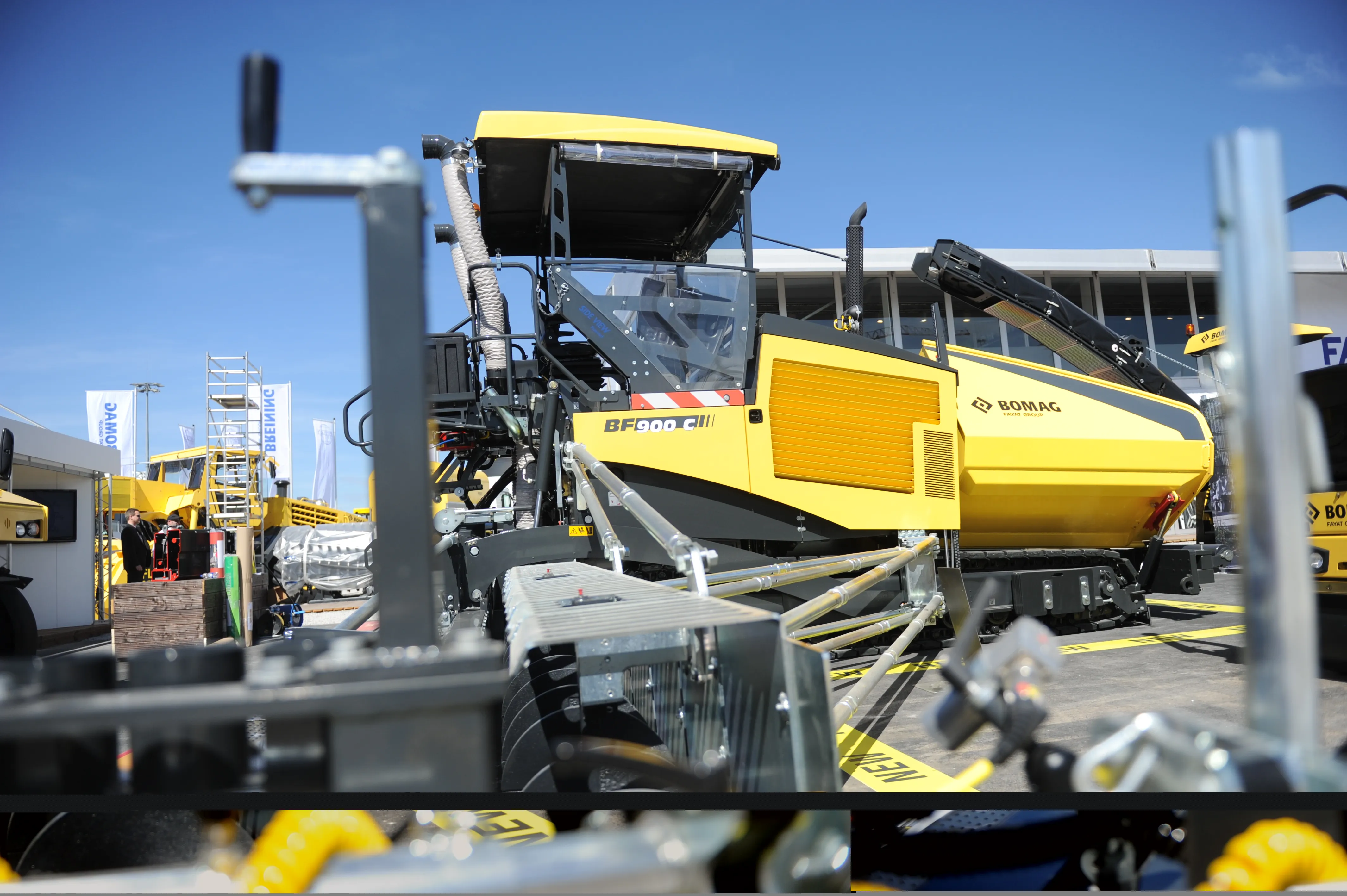Europe’s stand on sound is being heard around the world by the hydraulic breaker market. While many countries have not specifically adjusted their national sound guidelines, the Europeans have essentially done it for them, two industry experts revealed at Conexpo 2014.
January 6, 2017
Read time: 2 mins
Europe’s stand on sound is being heard around the world by the hydraulic breaker market. While many countries have not specifically adjusted their national sound guidelines, the Europeans have essentially done it for them, two industry experts revealed at Conexpo 2014.
“In Europe, they set the rules,” said David Nakamura, president of Toku America. “And the manufacturers have to respond.”
The issue has become significant enough in Europe to force the2440 Committee for European Construction Equipment (CECE) into putting together a group of industry experts charged with looking at the hydraulic attachment tool market. The group, which consists of leading industry manufacturers, is addressing “silent demolition tools” and noise-reduction solutions.
Reduced sound levels are occurring naturally in other parts of the world as manufacturers reach the European standards so they can continue to do business in that market.
“It takes a little longer to get to the U.S. because the mentality is different,” said Keith Becker, product development specialist at161 Atlas Copco. As quieter equipment becomes available, local governments are more likely to demand that it is used when working near hospitals, nursing homes and schools, Becker said.
In the US, sound levels have drawn the most attention in California and the north east area of the country. “Regulation is going to the driving force behind changes in the US,” Becker said. The CECE is looking at new approaches and techniques as well.
%$Linker:2 Asset <?xml version="1.0" encoding="utf-16"?><dictionary /> 2 49588 0 oLinkExternal <span class="mouselink"><span class="oLinkExternal">www.cece.eu </span></span> Committee for European Construction Equipment web false /EasySiteWeb/GatewayLink.aspx?alId=49588 false false %>
“In Europe, they set the rules,” said David Nakamura, president of Toku America. “And the manufacturers have to respond.”
The issue has become significant enough in Europe to force the
Reduced sound levels are occurring naturally in other parts of the world as manufacturers reach the European standards so they can continue to do business in that market.
“It takes a little longer to get to the U.S. because the mentality is different,” said Keith Becker, product development specialist at
In the US, sound levels have drawn the most attention in California and the north east area of the country. “Regulation is going to the driving force behind changes in the US,” Becker said. The CECE is looking at new approaches and techniques as well.
%$Linker:








